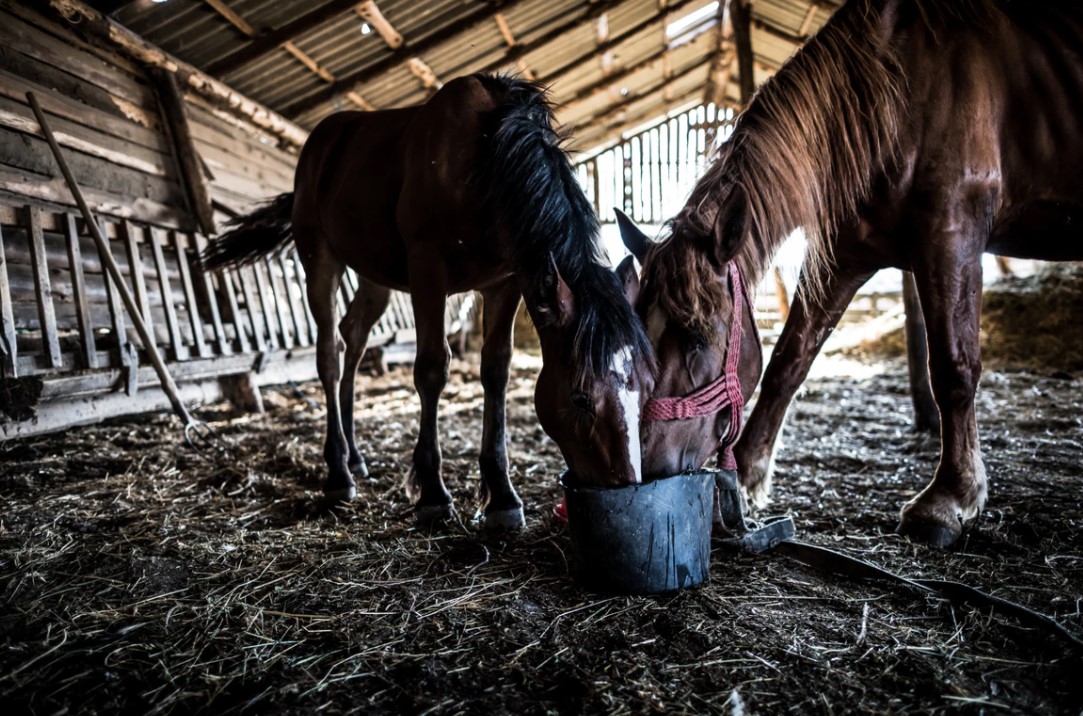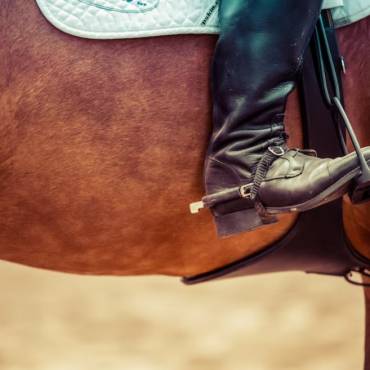A horse’s gastrointestinal (gut) health begins with not only what he is fed, but how and when he is fed. This is where it pays to follow certain “best practices” that help mimic the diet and routine that Mother Nature intended:
• Beef up the turnout: A pasture-kept horse will almost never colic because his digestive system is designed for near-continuous grazing. When fitted with grazing muzzles, horses at risk for laminitis or obesity can also benefit from generous pasture time because they will still be moving around, interacting with others, and eating small amounts frequently—all activities beneficial to digestive health.
A horse’s gastrointestinal (gut) health begins with not only what he is fed, but how and when he is fed. This is where it pays to follow certain “best practices” that help mimic the diet and routine that Mother Nature intended:
• Beef up the turnout: A pasture-kept horse will almost never colic because his digestive system is designed for near-continuous grazing. When fitted with grazing muzzles, horses at risk for laminitis or obesity can also benefit from generous pasture time because they will still be moving around, interacting with others, and eating small amounts frequently—all activities beneficial to digestive health.
Original article: 10 keys to equine gut health – Equus Magazine
www.royalequestriancollection.com – check our website to purchase and enjoy our products for your horses and you.





Add Comment